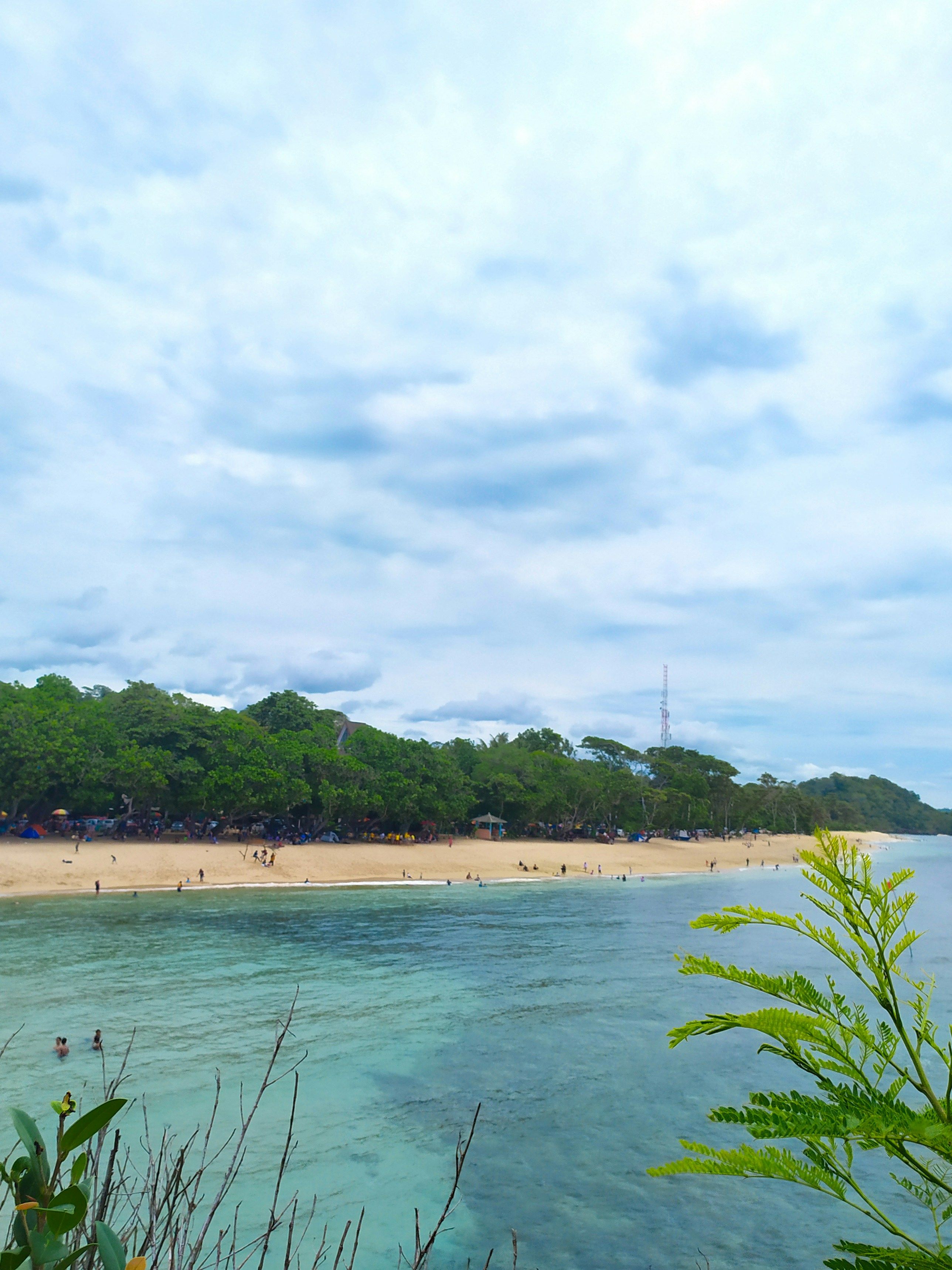Nearing a Time When No Antibiotics Offer Effective Solutions?
A Warning From the Frozen Frontier:
The remote Arctic of Norway has become a hotspot for a chilling threat - the deadly hitters known as superbugs. These powerful germs are incredibly resistant to antibiotics, and scientists are worried about their spread across the globe.
Partly due to nature's own vaccinations and partly due to our own misuse of antibiotics, these superbugs have evoluted to outsmart the drugs we rely on to combat bacterial infections. This growing resistance has led to countless deaths worldwide.
Researchers, investigating the thawing permafrost in the High Arctic, unwittingly stumbled upon evidence of these superbugs in the least likely of places. At first, the scientists aimed to understand the relationship between melting ice and climate change on a global scale. But when they analyzed samples from the Kongsfjorden region of Svalbard, they discovered more than they bargained for.
Prof. Jennifer Roberts led the team, enlightening us with their shocking findings. "We didn't expect to find any evidence of antibiotic-resistant genes in such a remote region. But, we found quite a few, including the New Delhi gene, which first surfaced in India just a few years ago," she explains.
The researchers published their results in the journal Environment International.
How Did They Get There?
The scientists hypothesized several ways in which these superbugs could have reached the remote Arctic. First, bacteria can develop resistance through exposure to multiple types of antibiotics, turning into acutely drug-resistant strains that survive even last-resort treatments.
Some of the areas with the New Delhi gene were not far from the main research base, suggesting human waste may have played a role in its introduction. Additionally, they discovered high concentrations of these genes in areas frequented by bird colonies. Small mammals such as foxes may also have transferred the bacteria between watering holes and bird habitats.
Native or Foreign?
The team then set out to determine whether the antibiotic-resistant genes were native to the region or had originated from elsewhere. To do this, they searched for indicators of nutritional resources in the soil, which are scarce in Arctic soils. They found that the antibiotic-resistant genes appeared to be associated with a new source of phosphorus, most likely derived from human or bird feces.
The team believes that some of the antibiotic-resistant genes may have been passed from one bacterium to another through a process called lateral gene transfer. As harmful bacteria carried by birds and other vectors die, they release their genetic material, allowing other bacteria to pick up the resistance genes.
The discovery of multi-drug antibiotic resistance in the pristine Arctic highlights how the superbug problem has gone global, posing a serious and immediate threat. "We found both native and evolved antibiotic-resistant genes in the Arctic. We're getting closer to a post-antibiotic era where none of our antibiotics work because the bacteria we're trying to fight have picked up resistant genes through evolution or lateral transfer," warns Prof. Roberts.
She urges us to rethink our water management and antibiotic use on a global scale, emphasizing the need to reduce and control the spread that currently remains unchecked.
- Due to their resistance to antibiotics like MRSA, these superbugs pose a serious and immediate threat, as demonstrated by their presence in the remote Arctic.
- Scientists have discovered the New Delhi gene in the Arctic, a highly resistant strain of bacteria, hinting at potential human and bird waste influence.
- The antibiotic-resistant genes found in the Arctic soil are associated with a new source of phosphorus, likely derived from human or bird feces, indicating foreign origins.
- CBD, a substance not mentioned in the original text, might play a role in health-and-wellness strategies to combat the growth and spread of superbugs by boosting the immune system and promoting overall wellness.
- The ongoing issue of chronic diseases and medical-conditions exacerbated by superbugs underscores the urgent need for deprecated antibiotics to be replaced with new, effective treatments, ensuring the future of health and wellness for all.








